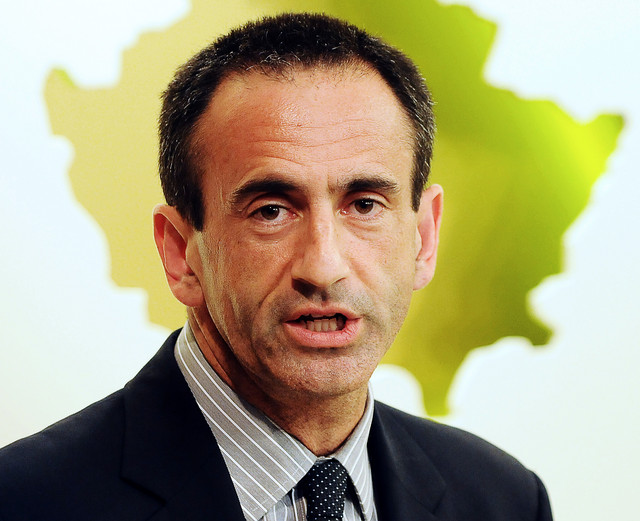CAIRO: A study conducted by the World Food Program suggested the fortification of baladi bread with iron and folic acid in Egypt to boost not only the national health but also national economy.
The study was discussed on Tuesday by Jack Bagriansky, international nutrition expert at the WFP, in a conference that brought together Minister of Social Solidarity Ali Moselhi, Director of the National Nutrition Institute Azza Gohar and Secretary General of the Red Crescent Society Professor Mamdouh Gabr.
“A nation is poor because its people are malnourished,” Bagriansky said, “Investing in nutrition is investing in human capital, the main source of economic growth.”
“The project [of flour fortification] focuses on baladi bread because it is a subsidized good that reaches more than 80 percent of Egyptians,” Minister Moselhi said.
“It will have an effect on nearly every Egyptian.”
The economic cost and benefit analysis conducted by Bagriansky and presented at the conference gave evidence to the cost-effectiveness of flour fortification projects.
“For LE 1 you invest in the project [of flour fortification], you will get LE 23 back each year on a 10-year project,” Bagriansky explained.
The study concluded that the project would cost LE 283 million per year whereas the national economy loses LE 6.5 billion per year owing to the spread of anemia.
A study conducted by the by the National Nutrition Institution (NNI) and the UN Food and Agriculture Organization (FAO) concluded that anemia has a direct effect on poverty and the economic growth in Egypt.
In Egypt, 24 million people are affected by anemia – dubbed the hidden hunger – a disease caused by malnutrition and namely iron-deficiency, Gohar said.
In 2005, anemia affected up to 43.6 percent of women in maternal age and 48 percent of children.
Anemia leads to physical and mental weakness and fatigue: 10 million Egyptian children suffer slower cognitive development, leading to weaker school performances and smaller job chances in the future. Thirteen million adults affected by anemia perform at their jobs less competently – causing around a 17 percent lower work output in hard manual labor.
“Programs fighting malnutrition are ranked between the most cost-effective projects by the Copenhagen Consensus Center, a high esteemed group of economic analysts including six Nobel-price winning economists,” said Bagriansky.
“We need to think of it as an investment and not as a cost,” he added.
“The best human resources are the ones we have today, we cannot miss them,” said Gian Pietro Bordignon, WFP’s Country Director in Egypt.
Egypt’s national strategy for flour fortification
In 2008, a national strategy to combat anemia was endorsed by the Egyptian Parliament, triggering a nationwide conversion towards the use of fortified flour in baladi bread production.
The nationwide program was the outcome of several pilot projects conducted since the 1970s in Fayoum, Gohar of the NNI recounted.
“Fortunately, nutrition has become a top priority for the health ministry,” she said.
“We took a long time – too much time until we reached this, but now we are really endorsing a nationwide project that will have a considerable effect,” Gabr from the Red Crescent said.
During the conference, Moselhi said that “Now, 82 percent of all bakeries in Egypt use fortified flour to produce baladi bread.”
The minister put forward that “the costs of the project have become part of the subsidies.”
Hence there is no reason to fear that the financial support for the project will be withdrawn from one year to the other. “As an integral part of the budget, the sustainability of the program is guaranteed,” he added.
A relevant comment by the audience highlighted the need of rebalancing the items of the food ration cards, used by 75 percent of the population: Traditional food items such as oil, rice and tea should be partly replaced by nutritionally more beneficial ones, such as beans and lentils. “It’s a message to the people towards healthier nutrition.”
Vice President of Cairo University Professor Heba Nassar, who led the roundtable discussion, praised “the will of alliance between politics, science and civil society in this project. If we would see such alliances more often in Egypt, everything would be better.”


